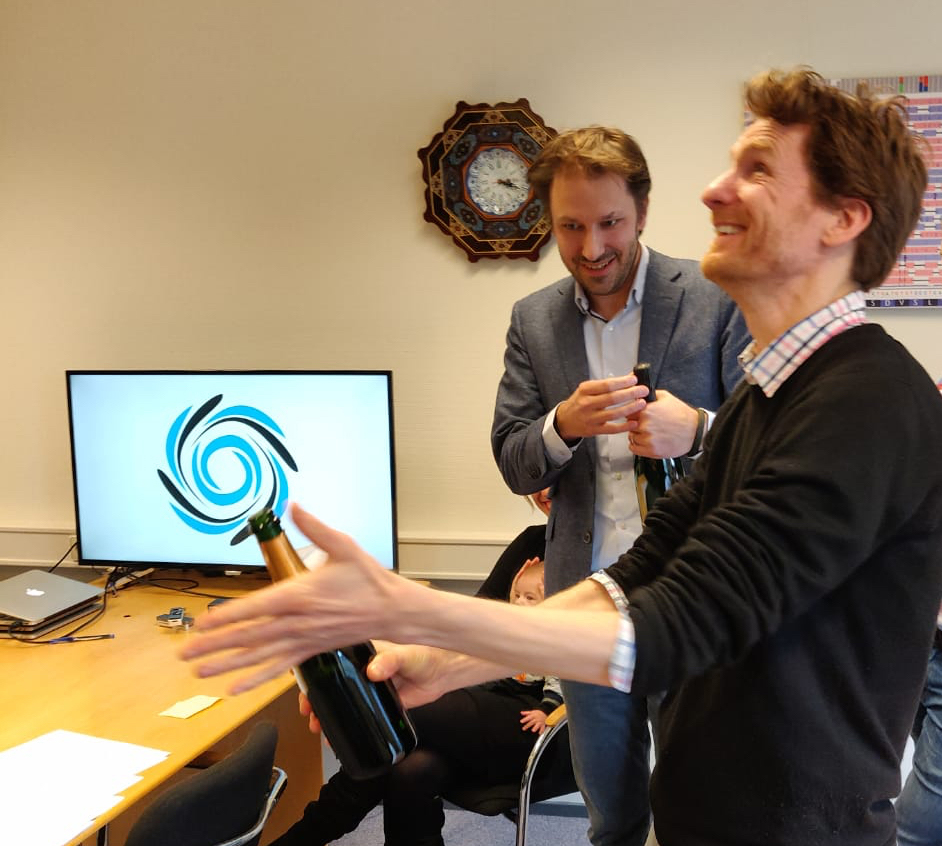
Following the licensing of liquid biopsy technology owned by the University Medical Center Utrecht (UMC Utrecht), Cyclomics and the UMC Utrecht have entered into a long-standing collaboration to strengthen the synergy between both parties further, and drive technological innovation and clinical evaluation of the CyclomicsSeq platform technology. The agreement is an essential milestone for Cyclomics and will accelerate the development of CyclomicsSeq for the assessment of treatment response and recurring disease for cancer patients.
Cyclomics has spun out of the UMC Utrecht almost two years ago, as a result of a highly innovative technological breakthrough for cancer diagnostics based on liquid biopsies. The collaboration agreement between Cyclomics and UMC Utrecht enables Cyclomics to keep tapping into the strong expertise in clinical oncology and cancer research of the UMC Utrecht. Part of the agreement is the possibility for the Cyclomics team to make use of research infrastructure available at the UMC Utrecht during the early stages of the company growth.
An evaluation of the CyclomicsSeq test is currently ongoing at the UMC Utrecht and the Netherlands Cancer Institute in the context of patients with HPV-negative head and neck cancer. In the clinical study, funded in part by the Oncode Institute, CyclomicsSeq is tested for measuring response to treatment (chemo-radiation and immunotherapy) and during follow-up to detect recurring cancer. The first results of longitudinal measurements of head and neck tumor burden using CyclomicsSeq have demonstrated the enormous sensitivity of the test for early detection of recurring cancer and measuring the immediate effects of treatment.
CyclomicsSeq is a platform technology that enables highly accurate sequencing of single nucleic acid molecules, levering long read sequencing, such as Oxford Nanopore technology. During 2020, Cyclomics plans to advance the CyclomicsSeq technology further and initiate manufacturing of a commercial kit that can be evaluated for use in research. The kit is anticipated for use of identifying genetic mutations at single-molecule sensitivity in any target DNA of interest in any biological context.